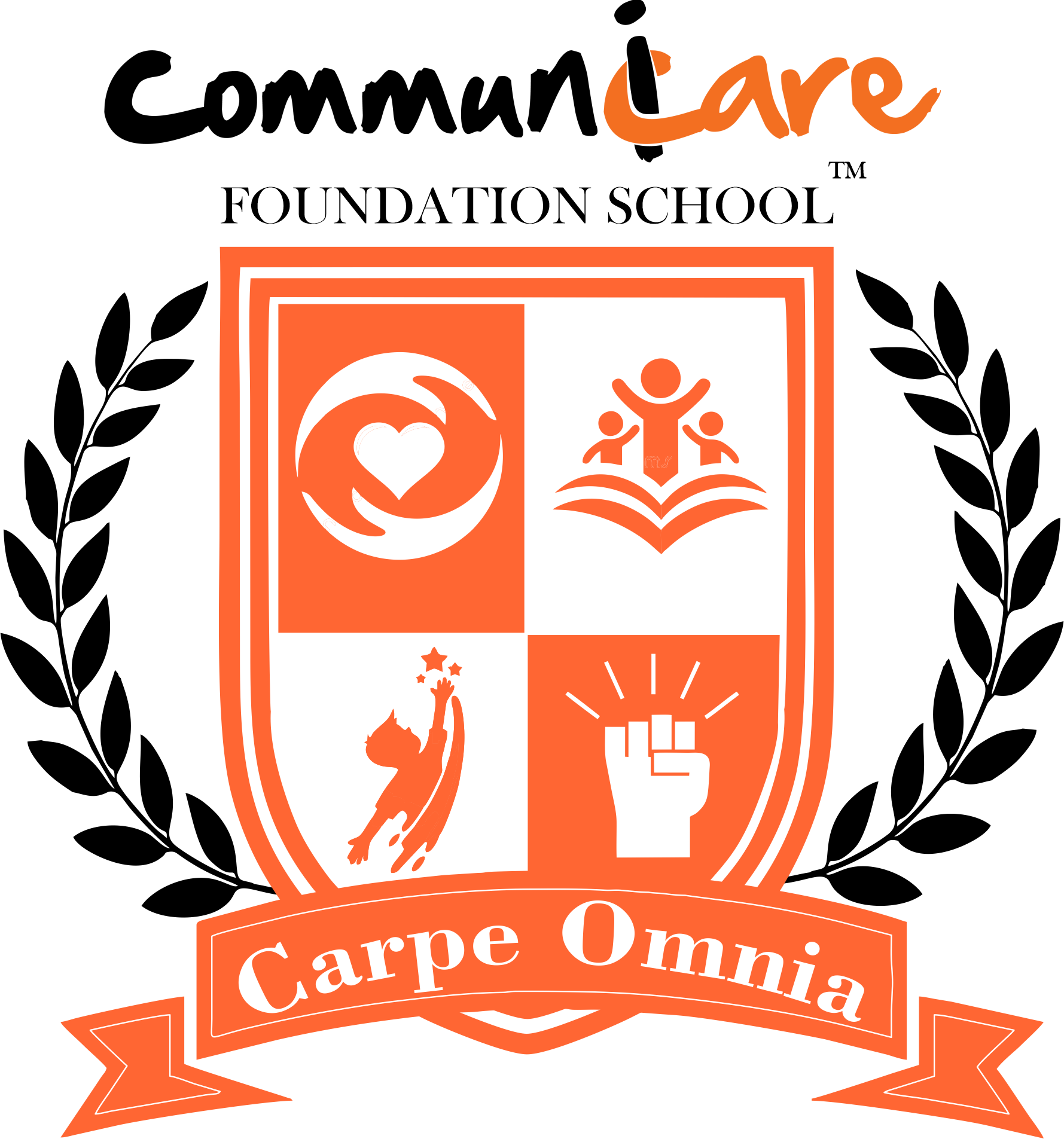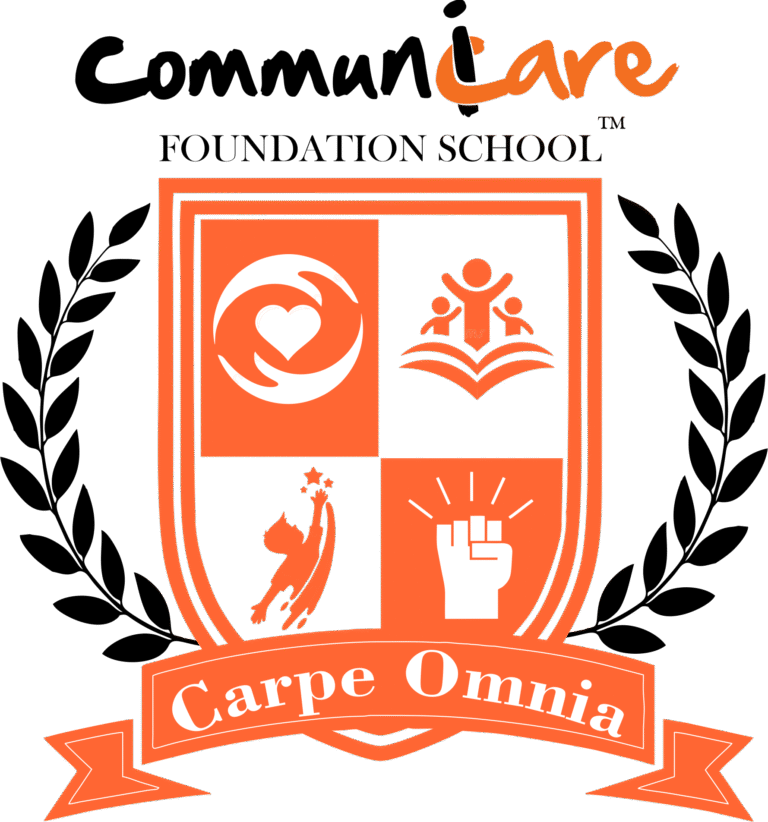What is special needs education for people with disabilities?

Special needs education for People with Disabilities: Understanding what it is, The Concept of a Special education school, and its Effectiveness
If you’re the parent of a child with a disability, you may be exploring various options to help your child learn and thrive. One of the most supportive paths in doing so is special education. But what exactly does special education mean, and how does it work in real-world classrooms?
What Is Special Education?
Special education refers to a type of instruction that is specifically designed to meet the needs of students with disabilities. Unlike general education, special education is highly individualized. It may involve modified lessons, personalized learning strategies, and the support of trained professionals who understand the challenges a special needs student may face.
Students who benefit from special education might have learning disabilities, physical impairments, autism spectrum disorder (ASD), speech and language difficulties, emotional challenges, or intellectual disabilities.
What is a Special Education School?
To understand how special education works, it helps to know the definition of a special education school. In simple terms, a special education school is a learning environment that is designed to support students with disabilities. These schools provide tailored instruction, therapy services, and social-emotional support to help each child reach their potential.
Special education schools also include small class sizes, specialized teachers, and a curriculum adapted to individual needs. Many of these schools offer access to speech therapists, occupational therapists, and behavioral specialists as part of the school experience.
What Makes Special Education Effective?
What sets special education apart is its focus on the individual and the personalized support. No two students are the same, and this is especially true for children with disabilities. In a special education setting, teachers and support staff work with parents and specialists to develop an Individualized Education Plan , also known as an IEP. This plan outlines the child’s goals, learning style, and the specific services they will receive.
Special education environments are also structured to be inclusive and supportive. This helps students build confidence, develop friendships, and gain essential life skills in a setting where they feel understood.
Benefits of Special Education for Students with Disabilities
There are many benefits to enrolling a child in special education:
- Individualized Learning: Each student receives a personalized approach to learning based on their strengths and needs.
- Specialized Staff: Teachers are trained in special education methods and have experience in supporting a wide range of disabilities.
- Therapeutic Support: Many special education schools provide in-house therapy services, this means that parents do not have to hop around between therapy centers, because the services become centralized and streamlined.
- Safe and Supportive Environment: The learning environment is built to be inclusive, respectful, and encouraging.
- Parent Involvement: Parents are key partners in the special education process, as they are the main decision-makers and support the needs of the child.
Schools may provide an Individualized Education Program (IEP) to support students with dyslexia. As a parent, staying informed and involved is one of the best ways to advocate for your child.
How to Know If a Special Education School Is Right for Your Child?
If your child has been diagnosed with a disability and struggles in a mainstream classroom, exploring the definition of a special education school can be a great first step. These schools offer the personalized tools, resources, and environment your child needs to succeed. Talk to your child’s doctor, therapists, or teachers to find out if a special education setting might be a good fit. An example of such a school could be Communicare Education Center, which creates Individualized Education Plans for children to tackle their short and long term goals, maximizing their potential to thrive in the future.
Final Thoughts:
Understanding special education is a powerful step for any parent. When children with disabilities are given the right support, they can achieve incredible things. Whether it’s gaining new academic skills, improving communication, or simply building confidence, special education provides a foundation for lifelong success.


